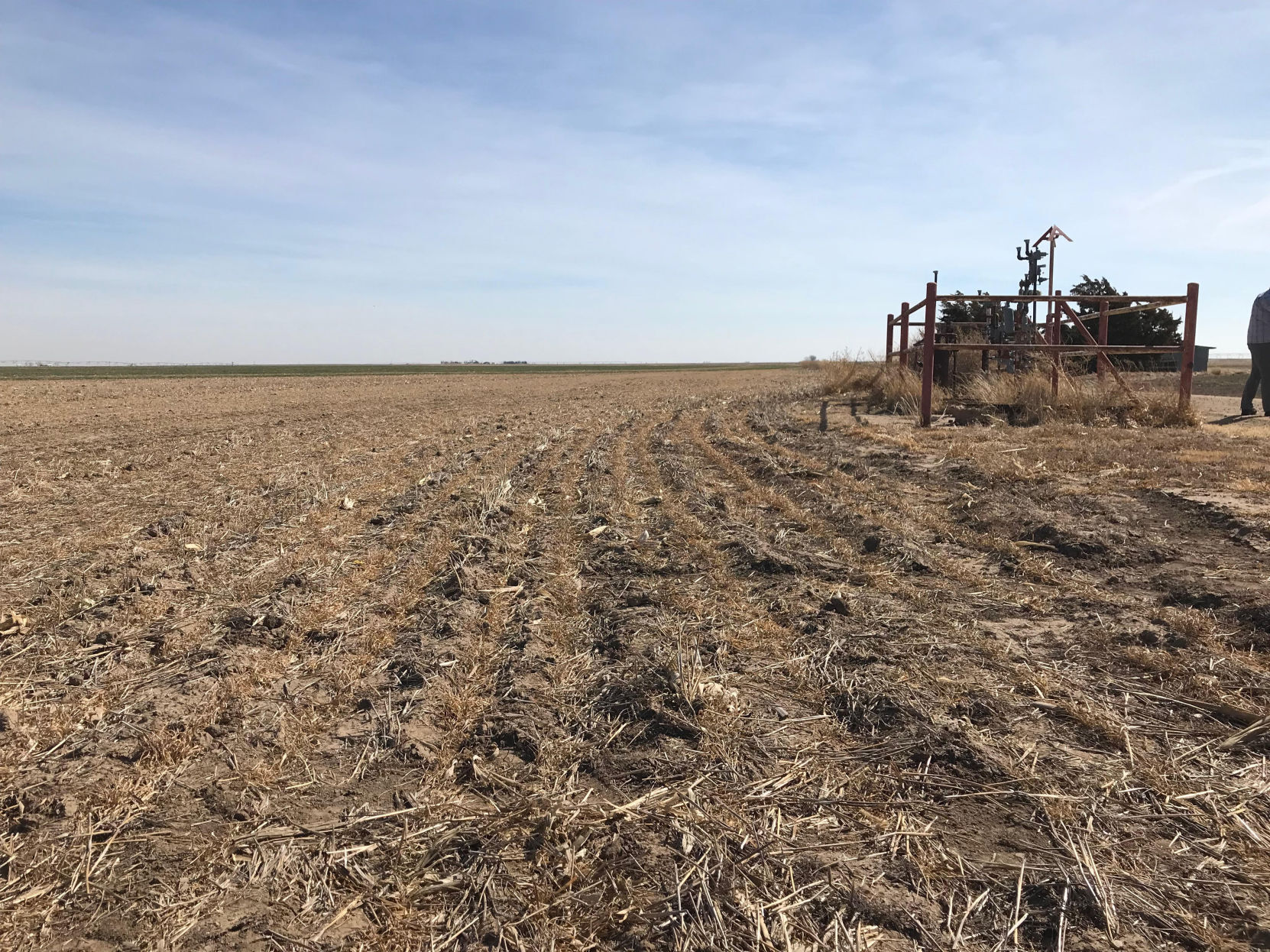On July 13, the U.S. Department of Agriculture authorized emergency procedures to help producers impacted by extreme drought conditions. The Risk Management Agency and crop insurance companies are working to streamline and accelerate the adjustment losses and issue indemnity payments to policyholders in impacted areas.
RMA Acting Administrator Richard Flournoy said the new flexibilities are part of the USDA’s broader response to help those producers impacted by drought in the West, northern Great Plains and other areas in the United States.
“What this bulletin and guidance does is it provides clear guidance for crop insurance industry as well as producers about what steps they need to take to make sure their claims get processed in a timely manner,” he said.
The first step is to reach out to the crop insurance agent if a producer thinks he has a loss. At that point, the company can come out and appraise the crop or if the crop is harvested or destroyed a representative sample can be left in the field.
“What you could do is—you could hay or graze the crop out there. You could plant a cover crop, you could plant another crop,” he said. “A lot of people are just wanting to know what they need to do to better utilize that acreage.”
USDA and RMA provided emergency procedures to expedite the process.
“We wanted it to be clear for people in one place where they could find it,” Flournoy said.
Generally there’s a 72-hour notice of loss requirement once a loss has occurred and it needs to be reported within 72 hours. Under the emergency procedures, this has changed and the producer will be allowed additional time.
“We understand that given the stress that people are under that’s something that may not happen exactly timely,” he said. “We’ve directed the companies to really look at individual circumstances and allow those later, if it’s necessary and is merited.”
They’ve also changed some of what records are required and in what form to expedite the claims process.
“That’s just one step which can reduce some paperwork and move these claims along quicker,” he said.
Another flexibility was regarding the representative samples that were left in the field. This could be when the company can’t get out to appraise or a producer may disagree with the appraisal.
“One thing that we’ve done is only requiring three representative samples, and as long as the damage is consistent it varies how many samples are required,” he said. “But sometimes several could be required. We’re only requiring three.”
Flournoy hopes this will alleviate some of the burden on the companies and producers to expedite the process.
The most commonly asked question from producers are in regard to the audit process if the claim exceeds $200,000. Flournoy understands how concerning this is for producers. USDA and RMA have worked the last couple of years to streamline this process and have used data mining to be more precise and determine who gets audited.
“What that means, just because you have a claim over $200,000 doesn’t mean that you’ll get audited,” he said. “This process significantly reduced the amount of audits we do as a risk management agency, but also, even in light of that the bulletin does kind of provide that 5% of the claims in the state exceed $200,000.”
It’s an extra step to make sure people can get the help they need, and continue to ensure that claims are paid prudently, according to Flournoy.
RMA has made these adjustments to procedures before because of past droughts, including in 2012.
Sign up for HPJ Insights
Our weekly newsletter delivers the latest news straight to your inbox including breaking news, our exclusive columns and much more.
“Whenever we have major events here we do these types of procedures to help the process along,” he said. “So there is precedent for doing that.”
First stop for producers needs to be with their crop insurance agent, and the RMA website, www.rma.usda.gov.
“The crop insurance agent is the best person to contact,” he said.
Kylene Scott can be reached at 620-227-1804 or [email protected].

